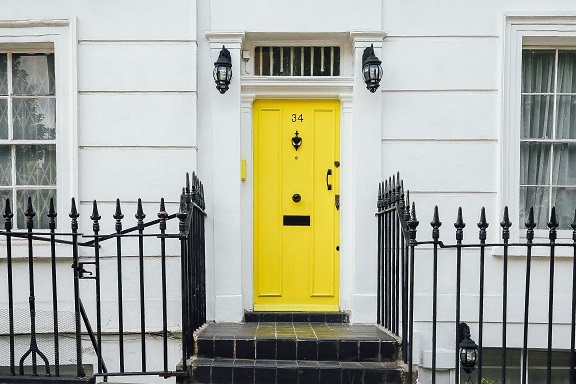If you personally disposed of an asset that is subject to a capital gains tax
(CGT) charge, at any time during the tax year ending 5 April 2019, any CGT due
will need to be paid 31 January 2020.
Accordingly, if you know the amount of the taxable gain, and the amount of
CGT payable, you still have more than ten months to organise the funds to pay
the tax.
Hopefully, when you sold the asset you were advised of the likely tax charge and reserved funds from the sale proceeds to settle the liability; after undertaking the necessary research – or professional advice – to claim any available exemptions or reliefs?
And there is still time to consider CGT planning.
Although the stable door has been closed – the gain has crystallised during the 2018-19 tax year, claims for any reliefs can still be made as part of your self-assessment return for 2018-19.
It is beyond the scope of this article to list all the reliefs that can be claimed to reduce a CGT bill, but we can help you consider your options. Please call for advice. We will need to know the following details to better consider these options:
- A description of the asset(s) sold,
- The disposal proceeds,
- Any costs associated with the sale,
- The date and costs of the purchase of the disposed assets.
- Any costs you have incurred since acquiring the asset that have improved it in some way: for example, an extension to a property.
You have plenty of time to plan for the payment of your CGT liability for 2018-19 – latest date to pay is 31 January 2020 – and we recommend that you fully consider your planning options before submitting your 2018-19 tax return.
If you don’t submit an annual tax return, you will need to submit details to HMRC using the “real time” capital gains tax service. However, even if you use this option, it is still advisable to take professional advice on the computation of the chargeable gain to ensure you only pay what is due and no more.




